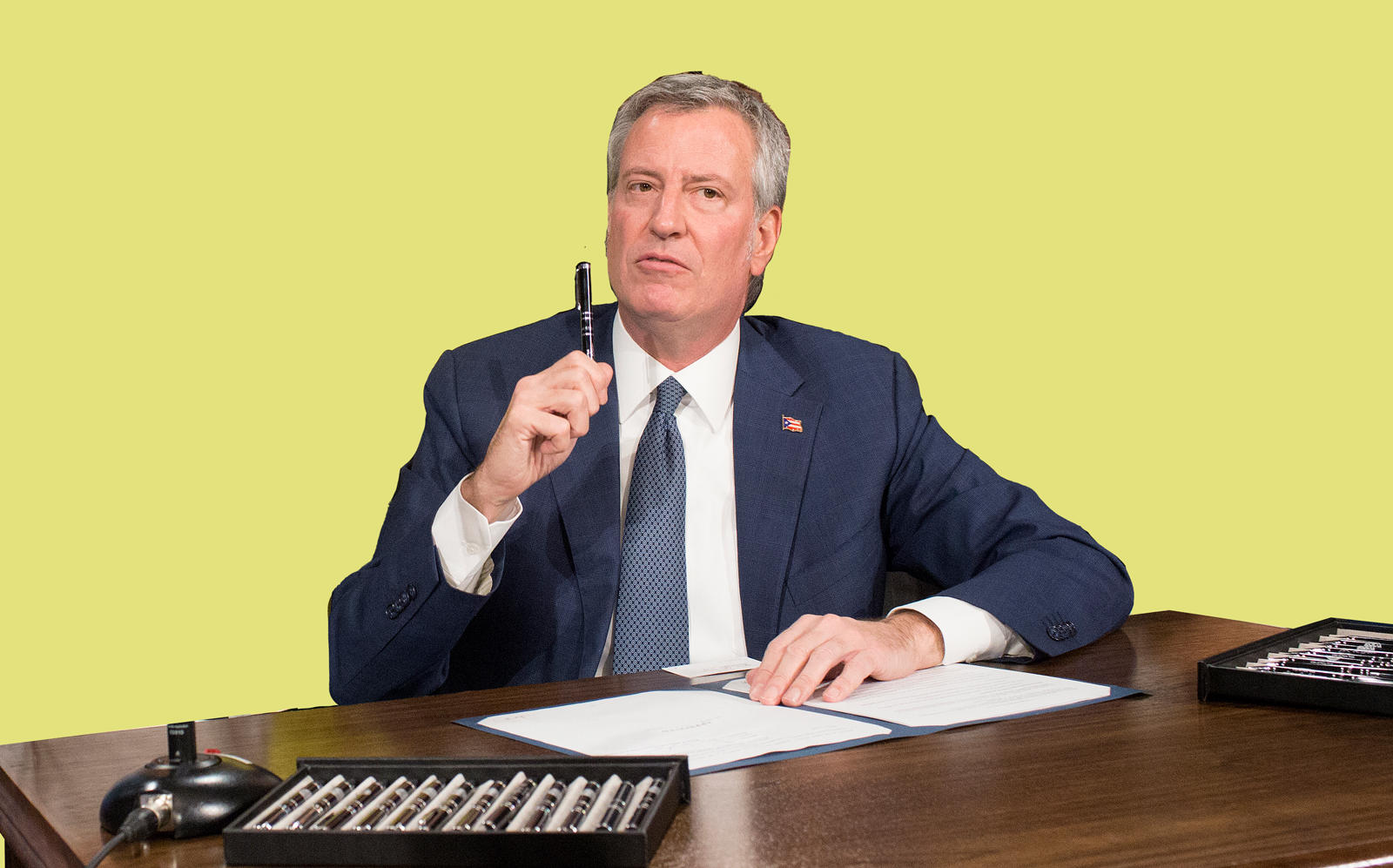Trending
De Blasio to sign Airbnb, property tax legislation
Bills set late-payment interest rates for rental apartments and some condos

Mayor Bill de Blasio will sign three bills today on reporting of short-term rental data and interest rates for overdue property taxes.
The first bill will define which short-term rental transactions have to be reported to the Office of Special Enforcement. It is the latest development in a dispute between New York City and Airbnb that began in 2018, when the platform sued the city for asking it to fork over data on rentals.
That disagreement came to an end last month when Airbnb agreed to provide listing information to the city — although it managed to secure some exemptions. Hosts who rent rooms for no more than two guests or spaces that are infrequently rented are spared from the reporting requirement. Hotels and bed-and-breakfasts can apply for an exemption.
Airbnb and the city both touted the agreement, which Airbnb hoped would strengthen its case for a state bill it can live with, sponsored by state Sen. James Skoufis, which would regulate and tax short-term rentals.
The other bills de Blasio is set to sign lay the ground rules for interest payments on unpaid property taxes this year.
One bill would allow some condominium owners who use their property as a primary residence to pay zero interest on late payments. To qualify, owners must prove a Covid-related financial hardship and have either already deferred their property taxes, or have a property assessed for less than $250,000 and an income of less than $150,000.
Rental property owners whose buildings are assessed at $250,000 or more were upset with the final bill on property taxes, which the City Council approved June 25, leaving some rates at 18 percent. Calls from some City Council members for more meaningful cuts to late-interest fees went ignored, and the body approved a temporary 7.5 percent interest rate for property taxes on certain multifamily apartment buildings.
Property owners who experienced financial hardship as a result of Covid-19 are eligible if their property is assessed between $250,000 and $750,000. If the property is assessed at more than $250,000, property owners are eligible only if at least half of the units are residential rentals, of which at least half must be rent-regulated, and the total number of apartments can’t exceed 30.




